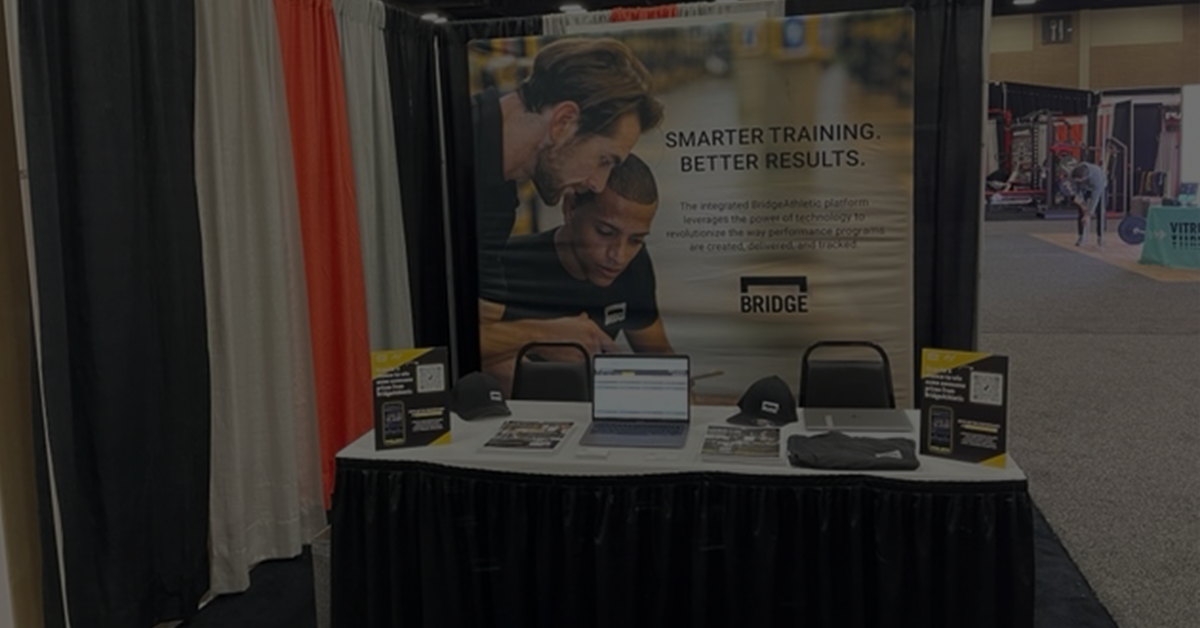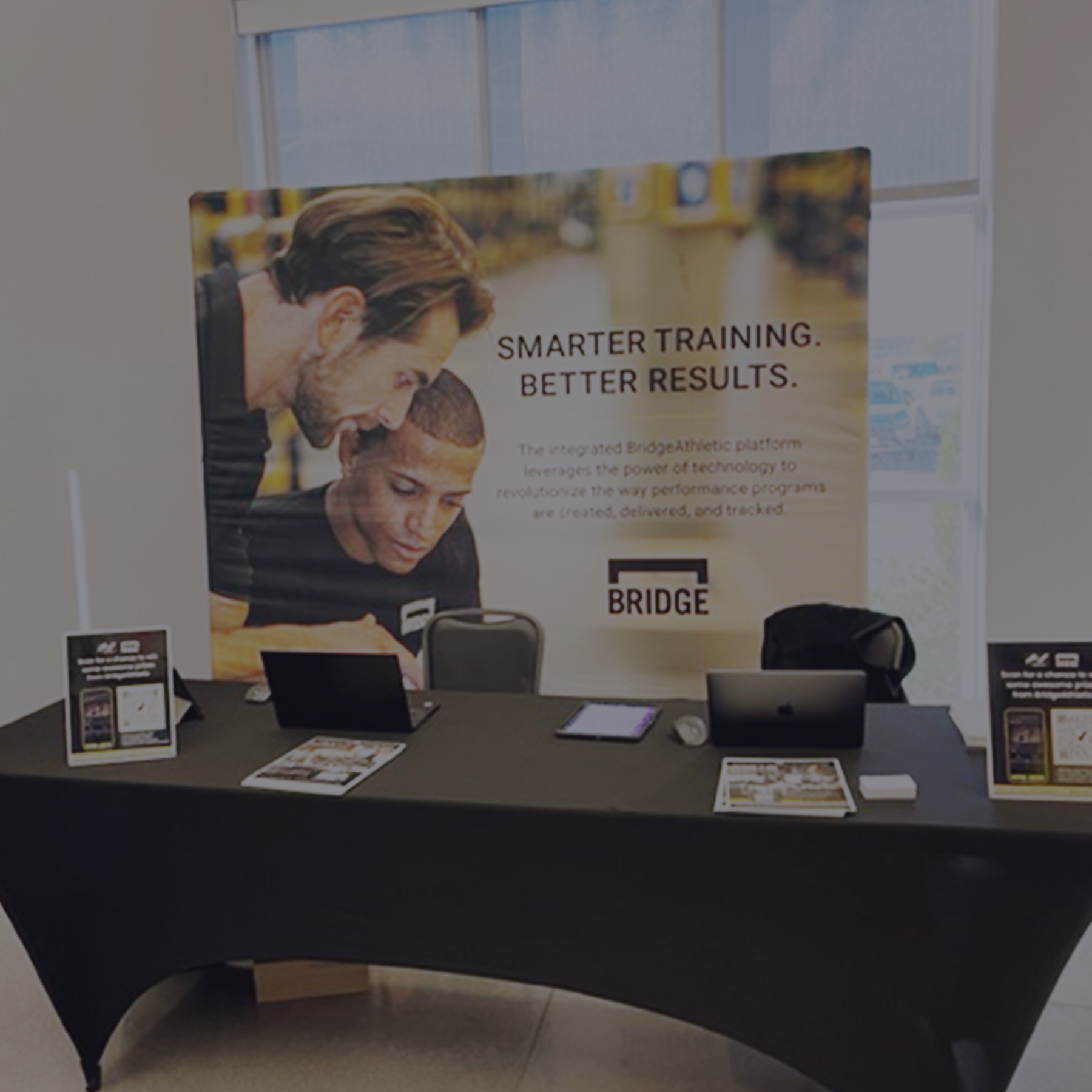Sport Psychology: Weathering the Storms in Team Development

This month’s edition of Sport Psychology is for the coaches and individual athletes who struggle to address conflict within their team and themselves. This is the second article in a four part series.
The biggest challenges team’s face are usually the unaddressed interpersonal conflicts and internal discrepancies that seem too intimidating to talk about. Challenges such as athletes gossiping behind teammates’ backs to create social cliques or athletes and coaches ridiculing one another to other members of the team or staff build more conflict that directs attention away from the team’s success. If left alone, this can lead to the deterioration of the team. Many times coaches and athletes choose not to bring the interpersonal problems up in front of the team because they either think that the problem will dissolve naturally or that talking about them will bring about more problems. Usually the conflict works its way through the team in exactly the opposite way.
The Toughest Stage: Storming
The stage of team development that we are discussing is called the “storming” stage in the Tuckman (1965) model of team development. It’s a natural stage of team development that all need to work through in order to become successful. The sooner conflicts and discrepancies are tackled head on, the sooner the team can move into norming behavior and practices that approach high level performance. Storming may be resolved quickly or may not be at all. Tension often develops as a result of unresolved storming and leadership of the team is often questioned in terms of what the team is working toward and how they are working toward it. For example, a team may question whether or not they will win the state championship or even the next game if they are not running specific systems and tactical drills that they think are important. Sometimes more senior members of the team may even question the commitment of the younger members or vice versa which starts interpersonal conflict.
Working through the storming stage starts with the decisions of the leadership, including both coaches and athletes, and whether or not open and honest communication is able to flow within the team culture. The team as a unit needs to decide what problems they want to address and how they want to do it. They also need to solve the accountability dilemma of consequences when conflicts are repeated after they have been addressed by the team the first time. The key is that it is a team decision that the coach or team leadership facilitates.
Building Through Conflict Toward Success
Coaches can facilitate a storming resolution meeting by creating safe places built on the rules that whatever is shared stays in that room and that there will be a conclusion to the conflict that is in the best interest of accomplishing the team goals. Sometimes if the conflict is between the athletes and the coach, it is best not to have the coach in the room. Talking about the issues in an effort to bring closure and establish success-oriented norms moving forward usually help to dissolve them. It may be beneficial to redirect the discussion to the team charter that was established during the forming stage. The team charter is important because it was created by the athletes as a representation of what a successful season would look like. Reminding them of their commitments to the sport and each other narrows their focus to what’s most important now in order to control what they can control in pursuit of their goals.
Progressing through the storming stage is necessary to the growth of the team. It is not necessarily enjoyable especially to those who are averse to conflict. Tolerance of the team members’ differences needs to be emphasized because without individuals the team will fail. However when resolved in a productive way, conflict can be healthy and strengthens the bond between teammates to help them move through adverse situations in matches in a unified manner.
Want to learn more? Follow the articles below for the whole story!
Stage 1: Forming
Stage 2: Storming Case Studies
Stage 3: Norming & Case Studies
Stage 4: Performing & Case Studies
About the author: Brian Alexander is a mental skills coach who combines eight years of experience as an Olympic level water polo athlete, a master's degree in sport psychology, and business leadership training and coaching from The Ken Blanchard Companies to partner with athletes and performers of all ages and levels. "My passion is to empower others to succeed in life, athletics, performance, and daily activities. My personal mission statement is to be a genuine and honest leader who collaborates with and learns from others in order to find a mutual personal level of excellence physically, mentally, and spiritually."
Contact info for Brian Alexander:
Website: www.athletementalskillscoach.com
Twitter: @BA_POS_MIND
Facebook: Athlete Mental Skills Coach
LinkedIn: www.linkedin.com/in/brianalexander3
About the Author

At Bridge, we are all athletes and coaches first. As athletes, our team has experienced everything from riding the pine on JV, to winning NCAA championships, to competing in the Olympic Games. As coaches, we have helped countless athletes reach their full potential, winning everything from age group section championships to Olympic Gold Medals.
Related Posts

2022 NSCA Coaches Conference
The BridgeAthletic team attended the 2022 NSCA Coaches Conference in San Antonio, Texas January 6-8...

2021 Fusion Sport Conference
The BridgeAthletic team attended the 2021 Fusion Sport Summit - North America at the UFC...

Building Connections with Megan Young
In this episode of Powering Performance, we are joined by Megan Young, formerly the High...


